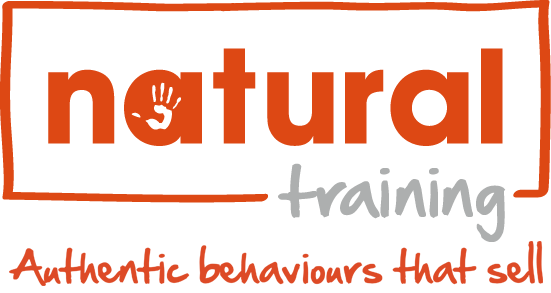5 Strategies to generate demand for your premium product
Diamonds are highly compressed chunks of carbon that are forever, a girl’s best friend, uber expensive and in great demand. Despite the high prices they are a much sought after premium product.
One of the reasons for this is that supply is limited. Diamonds are not actually all that rare, but you’re not going to find them lining supermarket shelves. The reason for their apparent scarcity is that diamond companies hoard them to restrict supply and keep prices artificially high.
When something is scarce, there is almost always a clamour for it. This nifty strategy is just one of many that you can use to generate demand for premium products, even if you’re the most expensive player in the market.
Let’s look at this and four other strategies you can use to get people clamouring for your premium offerings.
Adopt the scarcity principle: perceived scarcity is a powerful demand booster. If people are interested in your wares and you make it a little more difficult for them to purchase, they are going to want them even more. Scarcity increases the perceived value and desirability of objects, and there are many examples of this in the marketplace, such as Sony PlayStation 2.
In the year 2000 when the console was launched there was a buying frenzy. In part this was due to the console’s functionality, but also to Sony’s deliberate marketing tactic of product scarcity. In the UK only 165,000 were available during the first release. Demand went through the roof.
Scarcity leads people to believe that they are getting something that others may not be able to get in the future, giving them a sense of exclusivity. In their minds this justifies paying a higher price. They may also see their purchase as an investment, even though by being limited, a product’s monetary value doesn’t necessarily increase.
Be exclusive: one way to make people say “I want your product” no matter how much it costs is to make it exclusive or create the illusion of exclusivity. For example, membership exclusivity. The wholesale chain Costco only allows its members to purchase goods. They receive generous discounts on items in return for paying an annual membership fee.
Some clothing stories offer free membership programmes, which anyone can join. That may not sound all that exclusive, but members feel special because they have access to offers and discounts not available to other shoppers.
Look the part: if you are selling a premium product or service customers expect you to look the part. Remember that prospects are also buying into you, the salesperson, and your appearance and behaviour should reflect your product. If you walk into an upmarket clothes store and see unkempt sales assistants chewing gum open-mouthed, you’d probably walk straight back out again.
This is all about experience. Buying an engagement ring from a Tiffany & Co. store is a hugely different experience than buying from F. Hinds and is used to partly justify the premium prices they demand.
Think about customer ego: when designing sales material or thinking about conversations with potential clients, understand the psychology of why customers will pay more for expensive products. In their eyes it enhances their reputation and may make them look and feel richer, more important and more powerful.
Buying premium products and services can give their self-esteem a rocket-sized boost.
Communicate value: if people aren’t clamouring for your premium product it could be because you haven’t done a good job of communicating its value. Author and entrepreneur Seth Godin summed this up in a blog post in June when he wrote about change being an if/then equation. To quote from his blog:
“If you want a delicious dinner, then try this new restaurant.”
“If you want to be seen as a hunk, drive this Ferrari.”
People may not be buying because they don’t want the ‘if’ enough, or more commonly it’s because they’re not convinced a company can deliver the ‘then’. It is a salesperson’s job to build the ‘if’ and sell the ‘then’.
Benefit from High Demand
Clearly, there are strong financial advantages to selling premium goods and services. And if you can communicate and demonstrate what really makes them a cut above the rest, you can ensure customers perceive your offerings as premium and worth paying more for, time and again.
If your sales team needs help communicating the value if your premium offer then contact one of our Training Consultant’s today about one of our Sales Transformation Programmes.
Got a comment?
Catch us on Social Media and join the discussion!


